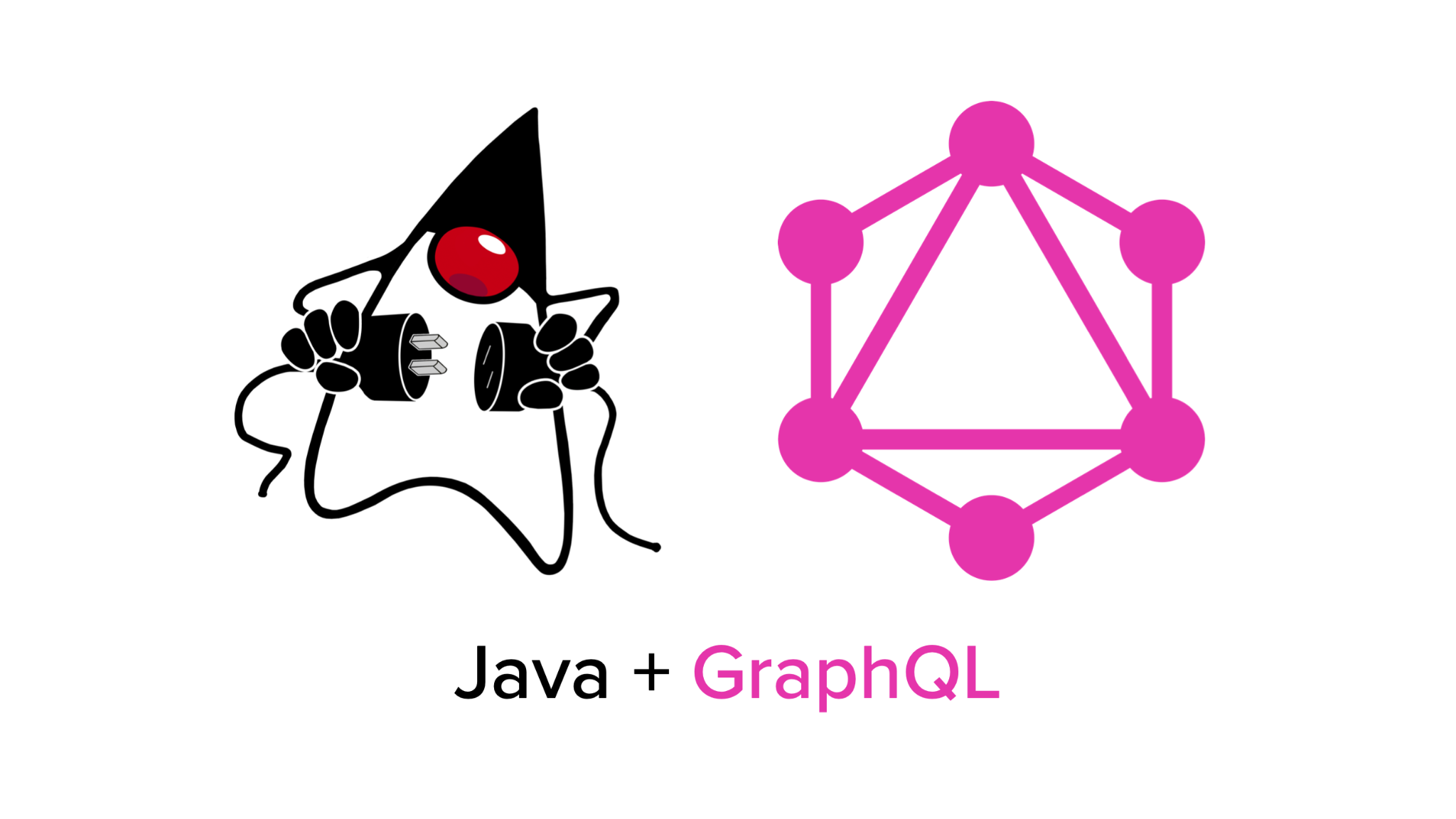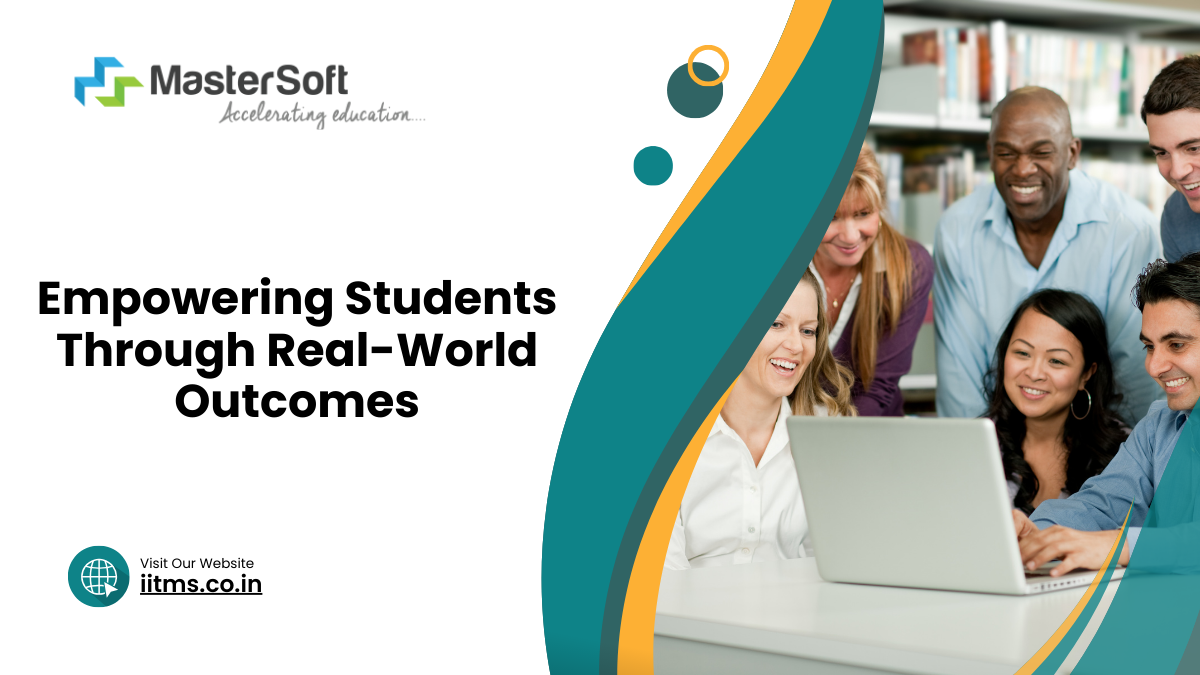The process of planning a Global conference is a complex, multifaceted endeavor that requires careful coordination and strategic decision-making. From selecting the right location to crafting an engaging agenda, every element plays a crucial role in shaping the success of the event. With the rise of digital technologies, data-driven strategies have become essential tools for optimizing global conference planning. Leveraging data insights allows organizers to make informed decisions, enhance attendee experience, and ultimately drive the success of the conference. This comprehensive guide explores how utilizing data insights, with a focus on platforms like Zep Research, can significantly improve the planning and execution of a global conference Global conference.
1. Understanding the Role of Data in Conference Planning
Data insights are fundamental in today’s event planning landscape, especially for large-scale global conferences. These events cater to diverse audiences from different regions, industries, and professional backgrounds. To effectively meet the needs of attendees, organizers must use data to inform their decisions at every stage of planning.
Zep Research is a valuable tool in this context, offering comprehensive analytics on market trends, audience preferences, and engagement metrics. By analyzing data from previous conferences, industry benchmarks, and attendee feedback, event organizers can gain a clearer understanding of what works and what doesn’t. This evidence-based approach allows for more accurate forecasting, better resource allocation, and a more personalized attendee experience.
2. Choosing the Right Location Based on Data Insights
Selecting the ideal location for a global conference is one of the first and most critical decisions. The venue can significantly impact the event’s attendance, accessibility, and overall success. Data insights help organizers make this choice by analyzing factors such as:
Audience Demographics: Using tools like Zep Research, planners can gather data on where potential attendees are based. For instance, if a large portion of the target audience is located in Europe and Asia, selecting a venue in a central location like Dubai or Istanbul may enhance accessibility and increase attendance.
Travel and Accommodation Data: By analyzing travel patterns, flight availability, and hotel occupancy rates, organizers can select locations that offer convenience and affordability for participants.
Past Event Data: Historical data from previous conferences can provide insights into which locations have performed well in terms of attendance and engagement. This helps planners make informed decisions about venue selection.
3. Crafting a Data-Driven Agenda
The agenda is a core element of any successful conference. It must be carefully crafted to cater to the interests of a diverse audience while aligning with the conference’s overall objectives. Data can play a significant role in shaping the agenda:
Analyzing Attendee Preferences: Using surveys, social media analytics, and feedback from previous events, organizers can identify trending topics and sessions that are likely to attract high interest. Platforms like Zep Research can offer insights into what topics are currently popular in specific industries, helping to align the conference content with market demand.
Session Optimization: Data on session attendance from past events can help planners schedule popular sessions at optimal times and avoid overlapping topics that might split the audience. This ensures higher engagement and satisfaction levels.
Personalization: By leveraging data on individual preferences, organizers can create personalized agendas for attendees. For example, if data shows that a subset of attendees is interested in sustainability, the conference can include specialized sessions or workshops on green technologies and sustainable practices.
4. Enhancing Marketing and Outreach with Data Insights
Effective marketing is essential for driving registrations and building buzz around a global conference. Data insights can significantly improve the effectiveness of marketing strategies by identifying target audiences, preferred communication channels, and optimal times for outreach.
Audience Segmentation: Using data analytics tools, such as those provided by Zep Research, event planners can segment their audience based on factors like industry, job role, and geographic location. This allows for tailored marketing campaigns that resonate with different segments of the audience.
Optimizing Marketing Channels: Data on engagement metrics can reveal which marketing channels (email, social media, paid ads) are most effective in reaching the target audience. By focusing efforts on high-performing channels, organizers can maximize their marketing ROI.
Tracking Campaign Performance: Real-time data monitoring enables organizers to track the performance of marketing campaigns and make adjustments as needed. For example, if data shows that a particular social media campaign is underperforming, planners can tweak the messaging or targeting to improve results.
5. Enhancing Attendee Experience Through Real-Time Data
The success of a global conference largely depends on the attendee experience. Data insights can help organizers create a more engaging and interactive environment:
Event App Analytics: Many global conferences use mobile apps to enhance the attendee experience. By analyzing data from these apps, such as session check-ins and feedback scores, organizers can gain insights into attendee preferences and adjust the schedule or content in real-time.
Heat Maps and Engagement Metrics: Tools like heat maps can provide data on attendee movement within the conference venue, highlighting popular areas and sessions. This information helps organizers optimize the layout, improve crowd management, and enhance overall attendee satisfaction.
Feedback Collection: Real-time feedback through surveys or social media can be used to gauge attendee satisfaction and identify areas for improvement. If data indicates that a particular session is receiving low ratings, organizers can take immediate action to address any issues.
6. Measuring Success and Analyzing Outcomes with Data
Post-event analysis is a crucial step in determining the overall success of a global conference. Data insights help organizers evaluate the event’s impact, identify areas for improvement, and make informed decisions for future conferences.
Conclusion
Data insights play a pivotal role in planning and executing a successful global conference. From selecting the right location to crafting a compelling agenda and enhancing attendee engagement, leveraging data-driven strategies ensures that every aspect of the event is optimized for success.



